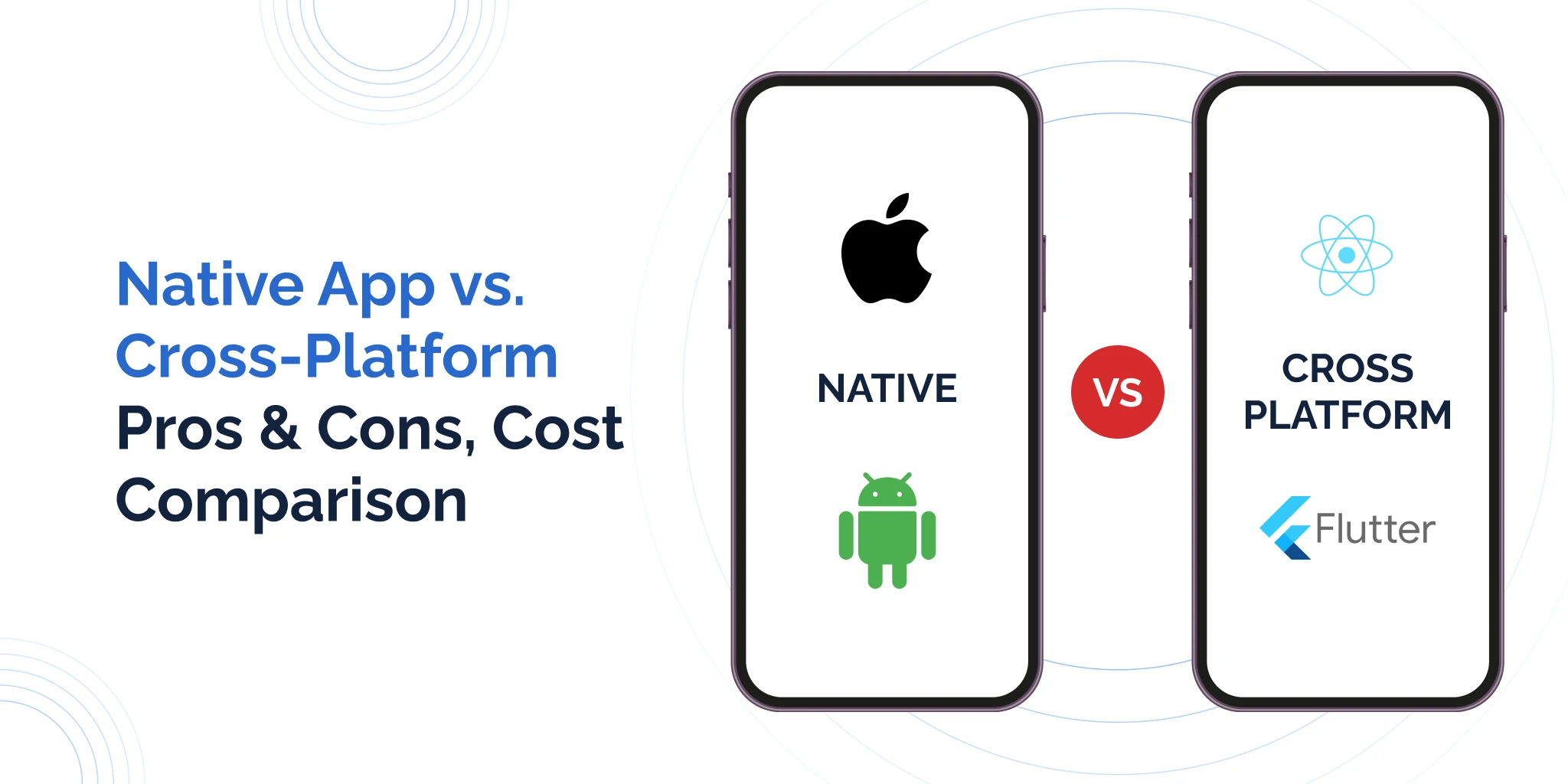Mobile App Development: Native vs Cross-Platform in 2024
A comprehensive comparison of native and cross-platform mobile development approaches to help you make the right choice for your project.

The Mobile Development Dilemma
The mobile development landscape continues to evolve. This detailed analysis compares native and cross-platform approaches to help you make informed decisions for your projects in 2024.
Native Development
iOS Development
Swift and Objective-C remain the primary languages for iOS development, offering full access to platform-specific features.
Android Development
Kotlin has become the preferred language for Android development, with Java still widely used.
Native Advantages
- Maximum performance and responsiveness
- Full access to platform APIs and features
- Best user experience with platform-specific UI patterns
- Easier debugging and testing
- Better security and reliability
Cross-Platform Solutions
React Native
Facebook's solution allows developers to use React and JavaScript to build mobile apps for both platforms.
Flutter
Google's UI toolkit uses Dart language and provides excellent performance with a single codebase.
Cross-Platform Advantages
- Single codebase for multiple platforms
- Faster development and time-to-market
- Lower development costs
- Easier maintenance and updates
- Shared business logic
Performance Comparison
Native Performance
Native apps typically offer the best performance, especially for graphics-intensive applications.
Cross-Platform Performance
Modern cross-platform frameworks have significantly improved performance, with Flutter leading in this area.
Development Team Considerations
Skill Requirements
Native development requires platform-specific expertise, while cross-platform allows for shared knowledge.
Team Structure
Consider whether you have separate iOS and Android teams or prefer a unified mobile team.
Making the Right Choice
Choose Native When:
- Performance is critical
- Heavy use of platform-specific features
- Complex UI requirements
- Long-term maintenance is planned
Choose Cross-Platform When:
- Faster time-to-market is important
- Limited development resources
- Simple to moderate complexity
- Consistent UI across platforms
Future Trends
The gap between native and cross-platform performance continues to narrow, with new technologies like WebAssembly and improved compilation techniques.
Conclusion
Both native and cross-platform development have their place in 2024. The choice depends on your specific requirements, team capabilities, and project constraints. Consider starting with cross-platform for MVPs and moving to native for performance-critical features.